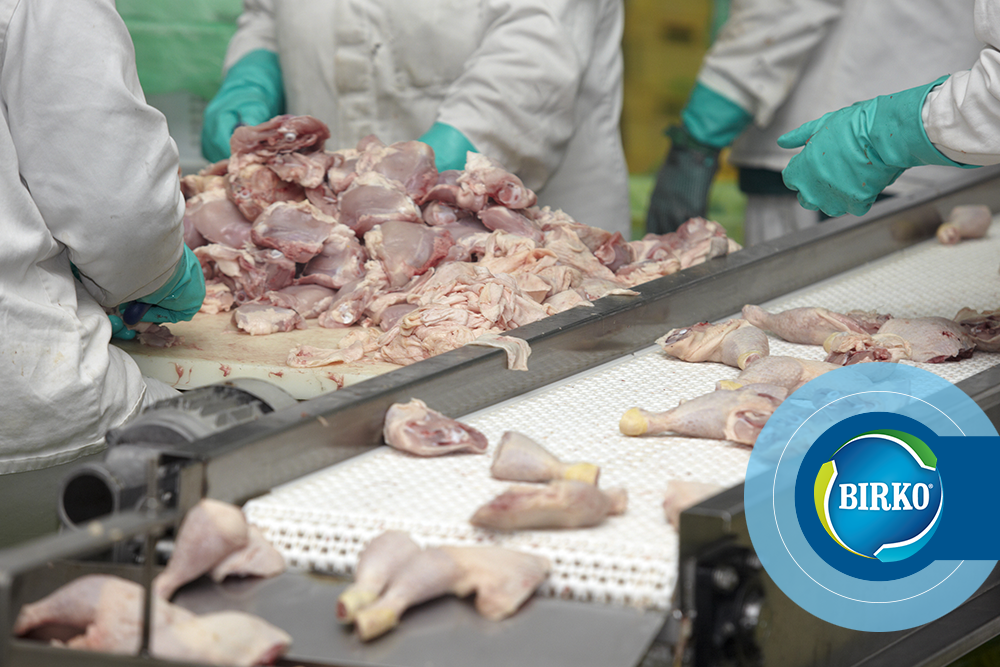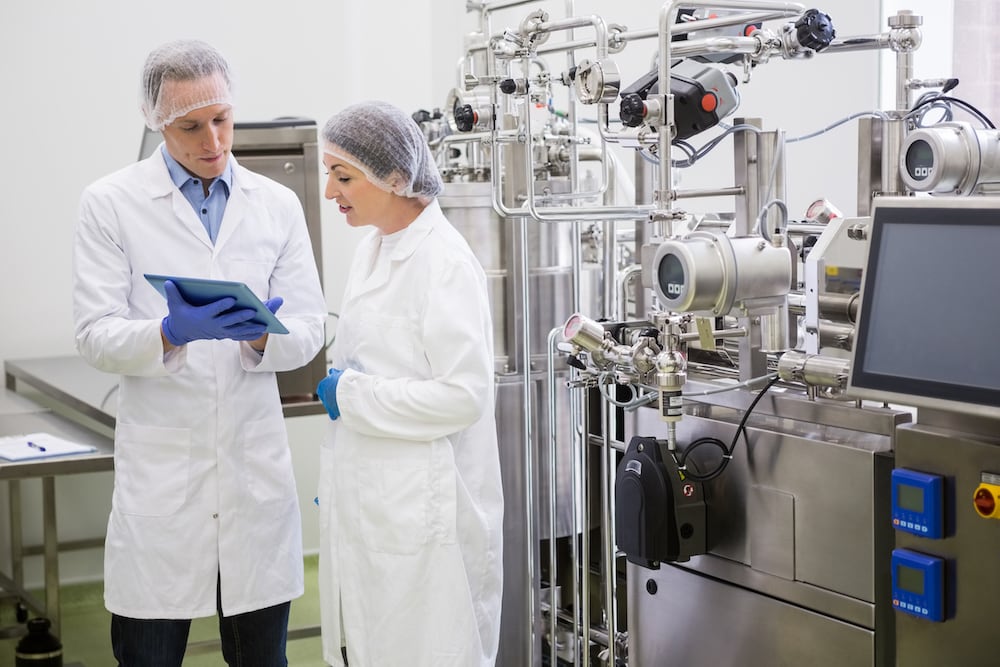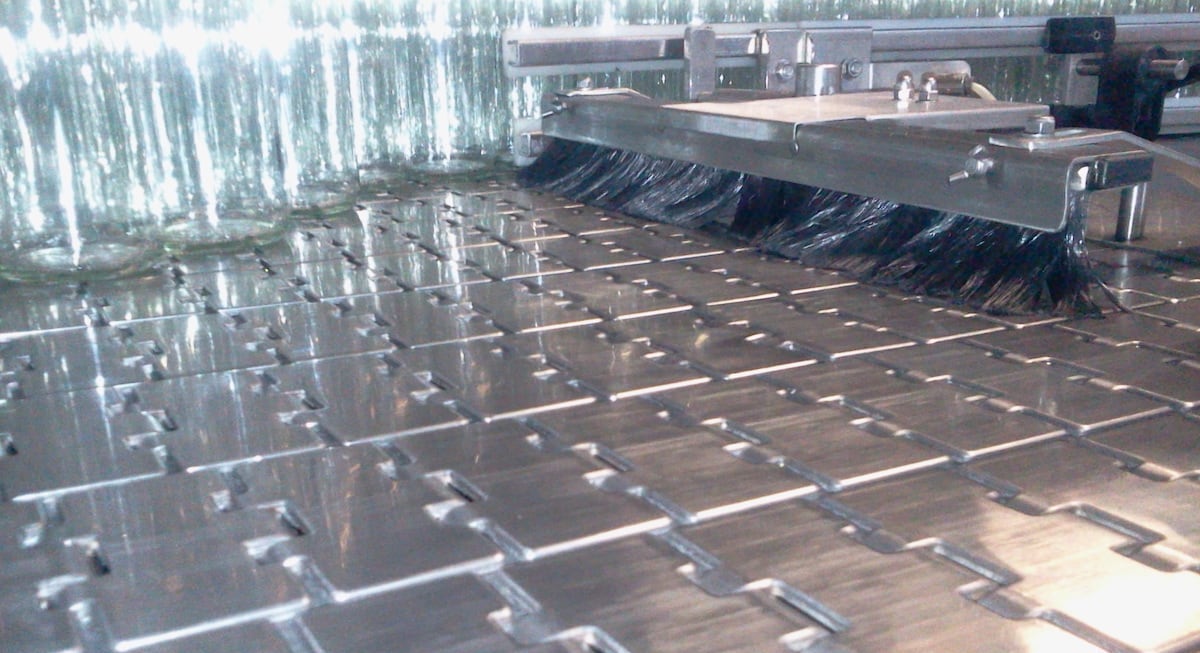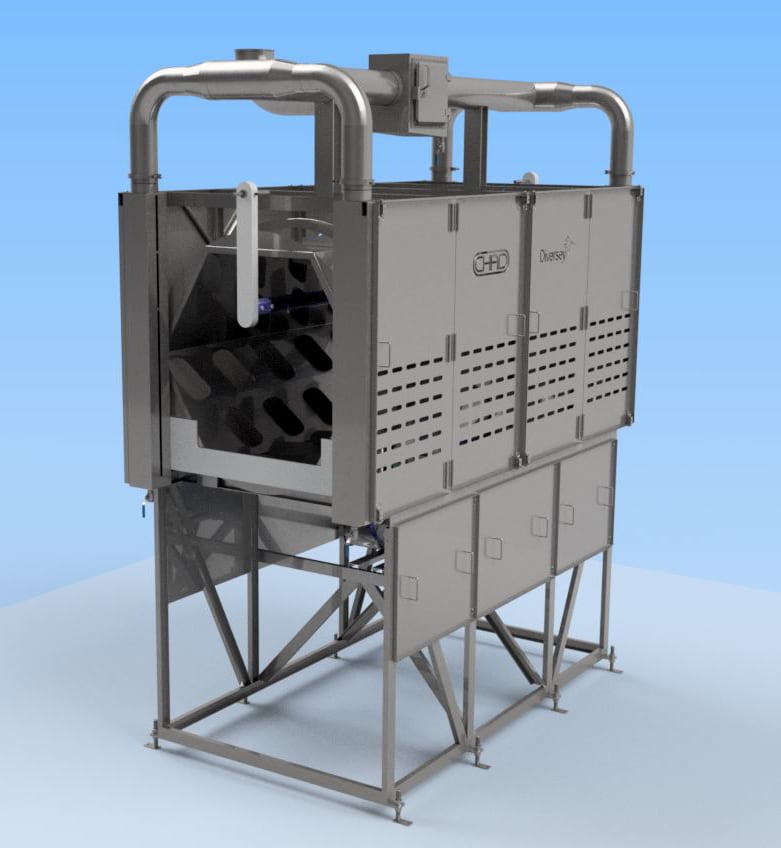As food operations continue to expand, processors are struggling to find skilled workers in a new generation. Maintaining proper food safety guidelines in light of the labor shortage is a serious concern and these issues are affecting the bottom line throughout the industry.
Unfortunately, challenges around labor aren’t going away anytime soon. According to research by Deloitte and The Manufacturing Institute, the manufacturing skills shortage could risk $2.5 trillion in economic output over the next decade.
Short-Term Solutions Create Further Issues
To attract qualified workers, some processors are offering higher salaries, often in hopes of luring employees from other companies. Although this approach can provide a short-term solution for acquiring talent, there’s no guarantee how long employees will stay until the next, higher offer comes around.
In addition, as companies seek out short-term employees, they are typically unable to adequately train or mentor them for leadership positions, adding to their challenges.
Automation Provides Long-Term Solutions
Automated equipment creates a variety of efficiencies for food processors that can help solve today’s labor challenge. For one, it creates consistency and makes difficult tasks easily repeatable. While human workers might skip areas they can’t reach or fail to clean adequately, automated equipment cleans everything the same, every time. Having automated equipment handle these kinds of tasks allows workers to focus on other important responsibilities.
Automated sanitation equipment also reduces the risk of product contamination and lessens potentially dangerous tasks for employees. Things like spiral freezers can be challenging to clean due to their slippery conditions. Automation removes the need for workers to maneuver through unsafe spaces like these, reducing the likelihood of workplace injuries, which bring lost time and revenue.
Beyond improving efficiency in labor, sanitation automation can also support more efficient use of chemicals, water and energy while helping food processors create reliable and repeatable processes. Plus, automated technology provides data, which allows you to track a variety of information to determine cost savings and other operational insights.
Learn More About Solving Your Unique Challenges
To learn more about how automation can help your labor challenges, read our eBook The Effect of Labor on Food Processing and contact us to learn more about partnering with the experts at Birko.









